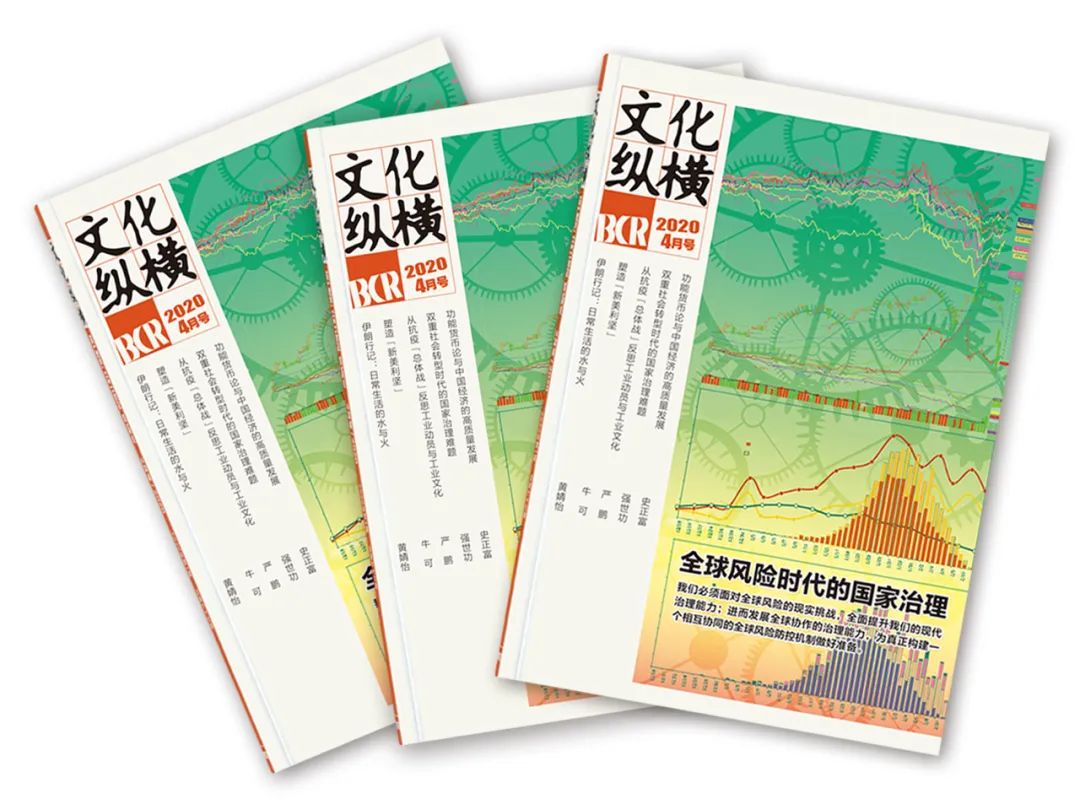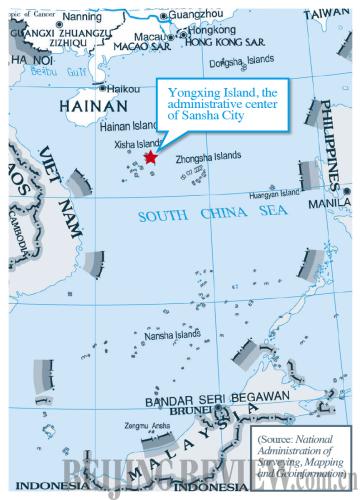
1. assert that islands have no EEZ entitlement
2. narrow the scope of its claim area
3. reach agreements with other Southeast Asian claimants
4. blur its views on military transits through the sea
1. abandon VN’s claim in Paracels to consolidate position in Spratlys
2. make limited concessions in the Spratlys up to the line of its EEZ claim from its coastline
1. It’s a single academic at a provincial university writing in an open journal - it’s not a Politburo briefing paper
2. But, this seems to be mainstream thinking among China’s South China Sea watchers
3. There are hints that a territorial compromise could be found
5. They don’t think Vietnam will initiate a legal case
6. They think Vietnam has no faith in the United States.
END!





